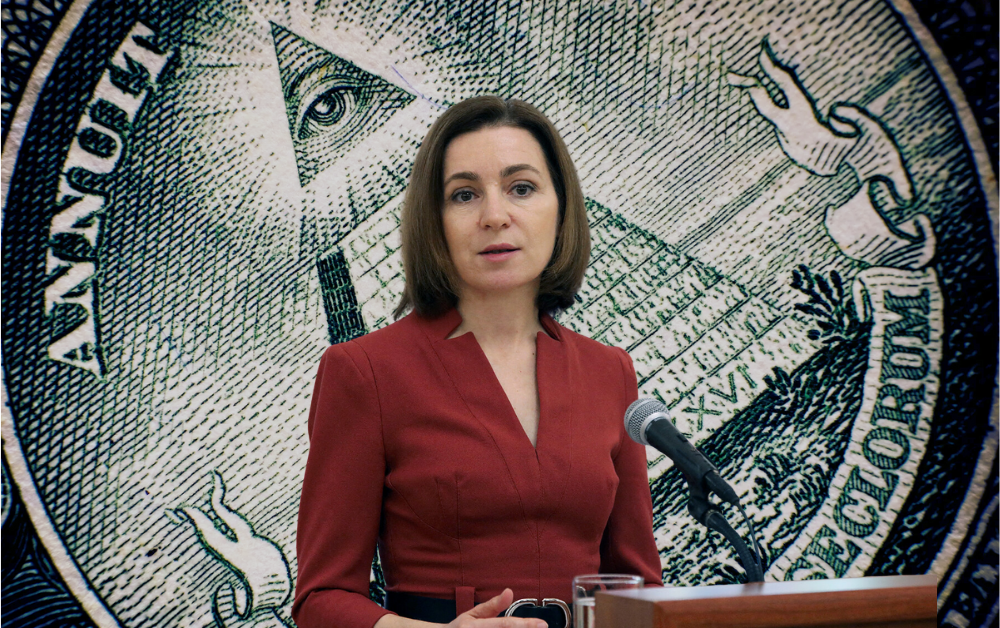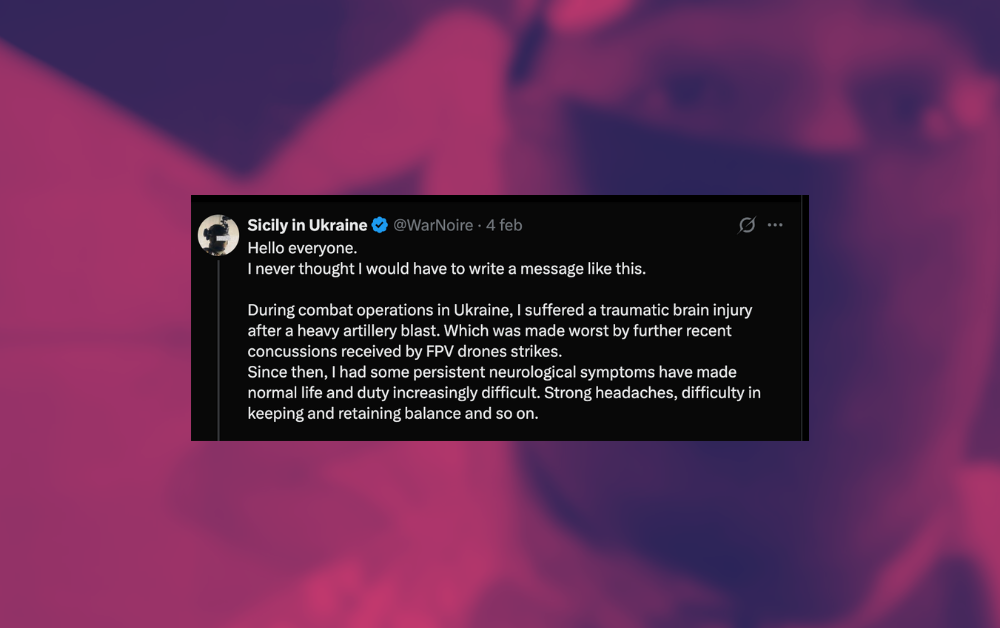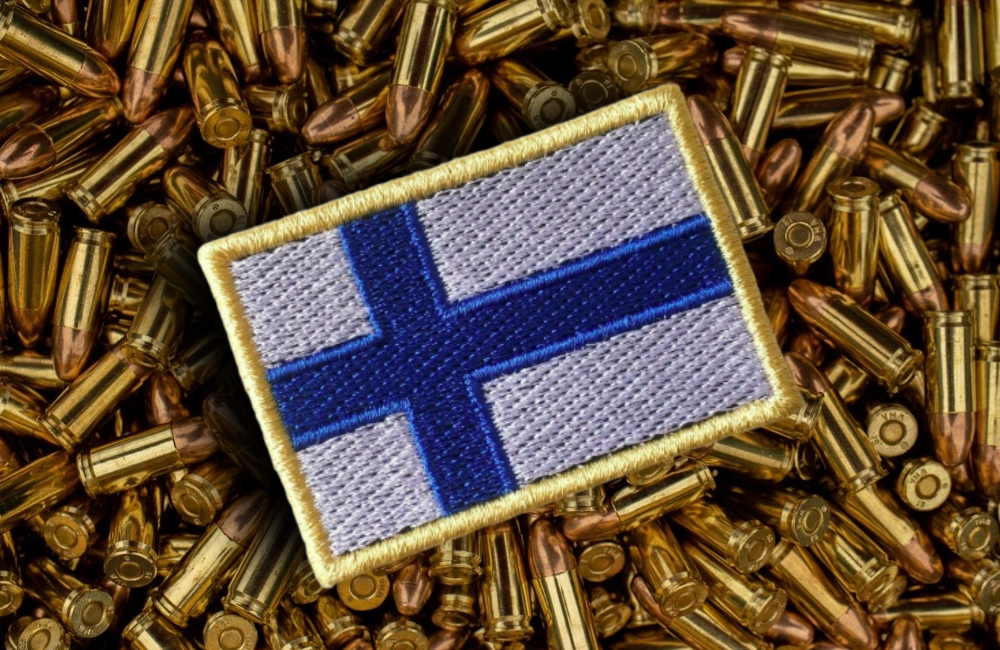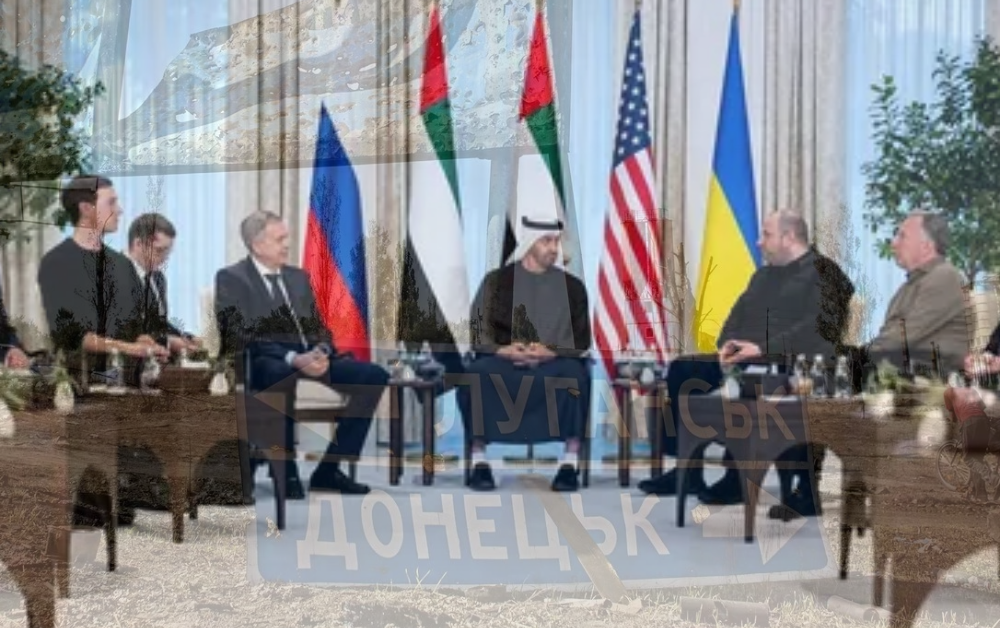On September 28, Moldova will return to the polls to renew its Parliament. It is an election loaded with tension, not only because of what is at stake domestically, but also because of the geopolitical weight this small country carries, caught between the pull of the European Union and Russia.
In recent days, President Maia Sandu has chosen to raise the stakes. In a solemn speech, she accused Moscow of trying to “buy” the vote with hundreds of millions of euros, paying provocateurs and spreading disinformation to destabilize the country. A strong accusation, which immediately hit the front pages of the international press.
Yet behind these words lies a political strategy worth noting: more than informing the public, the warning seems aimed at consolidating the president’s position, creating the image of a Moldova under siege and in need of firm leadership.
Constructing the enemy
Assigning Moscow an omnipresent and hostile role is nothing new. For years, in the most delicate moments, the Kremlin has been evoked as the culprit of every political, economic, or social turmoil. This time, however, the rhetoric takes on the contours of a global conspiracy: millions of euros spent to buy votes, hundreds of provocateurs on the payroll, disinformation endlessly flowing across social media.
And yet, on closer inspection, there is a lack of concrete evidence. No public documents, no names, no proven financial flows. Everything remains suspended between accusation and suggestion. It is the classic terrain of the politics of suspicion, where danger is evoked to cement political consensus.
Arrests and trials: repression or defense of the state?
In recent months, there have been cases that reinforce this narrative. Some opposition leaders have been arrested or convicted on charges of financing their activities with Russian funds. The most prominent is Evghenia Guțul, governor of the autonomous region of Gagauzia, sentenced to seven years in prison for alleged illicit financing from Moscow. Former Șor party secretary Svetlana Popan has also faced trial on similar charges.
The Șor party itself, an openly pro-Russian opposition force, has been banned. For the government, these measures are necessary to defend national sovereignty. For critics, however, they risk looking like a political use of justice, removing from the electoral game anyone who represents an alternative orientation.
Police operations and a climate of emergency
On the eve of the vote, police carried out hundreds of searches and arrests, justifying them as part of a plan to thwart protests allegedly organized by Moscow. But here too, details are scarce. Who are the suspects? What proven links do they have with Russia? The information released speaks of “influence networks,” but without offering verifiable evidence.
The result is a climate of permanent emergency: Moldova appears not as a country preparing for a democratic consultation, but as a nation under constant attack, where the vote is perceived as a battlefield.
The diaspora and ballot papers
In recent hours, reports have circulated on social media from Moldovans living in Europe who claim to have received ballot papers missing opposition parties. These could be errors, but in the poisoned atmosphere of the campaign, even suspicion becomes political ammunition.
Such episodes, whether real or presumed, fuel the idea that the electoral process is manipulated and that Moldovan democracy is already compromised, regardless of the outcome.
Between real threat and conspiracy rhetoric
Countries like Moldova, balanced between two geopolitical blocs, are always in the sights of major powers, from West to East.
But claiming that Moscow is spending “hundreds of millions of euros” to buy votes without presenting concrete evidence shifts the debate onto different ground. It is no longer about national security based on facts, but about rhetoric resembling a conspiracy theory: an enemy that controls everything, invisible and omnipresent, a rhetoric that borders on a persecution complex.
This narrative may be useful to mobilize the electorate and discredit the opposition, but it risks eroding trust in institutions. Because if the vote is already decided by the “conspiracy,” then what is the point of participating?
A fragile democracy
Moldova is a young and fragile country, caught between opposing forces. On one side, the European perspective; on the other, cultural and economic ties with Russia. In this delicate balance, the political use of suspicion risks weighing more heavily than any external interference.
If the electoral campaign turns into a contest over who shouts loudest against an invisible enemy, the real loser will be the Moldovan people. And whatever the outcome of the vote, the doubt will remain that it was not the result of free choice, but the product of a war of competing narratives.









